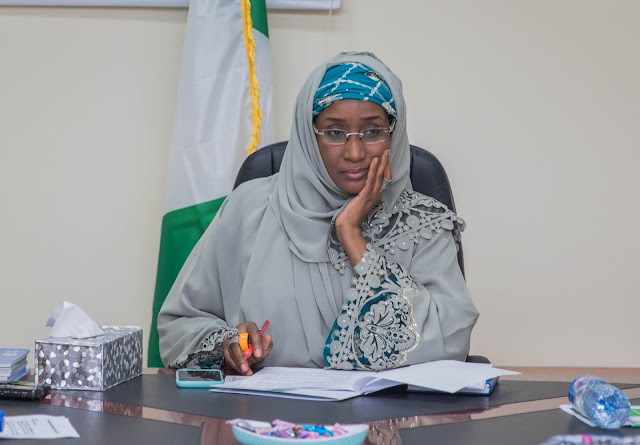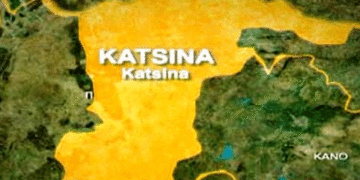Recently, the federal government announced that it will stop subsidising the prices of petroleum products by July next year. Aware of the likely implications of that policy thrust, it has put forward a plan to spend about N200 billion monthly to provide social welfare packages to those it considers as very poor Nigerians to cushion the effects of the subsidy removal.
In a previous editorial, we had argued in favour of subsidy removal if at all there is something like that. On its way to power, this administration had recognised the pervasive sleaze in the subsidy policy and made it a campaign issue to remove it for good. That the government is still talking about it six years after is proof that there is an elephant in the system that is difficult to push out.
Our contention is that even with the so-called subsidy, the prices of petroleum products have continued to gallop. And now gas has joined the league. However, if the federal government has finally decided to take the bull by the horns so as to eliminate the inherent fiscal imbalances, then we can only say better late than never.
But mindful of the economic impact the removal will have on poor citizens with an expected increase in the price of fuel and the multiplier effect on the cost of other goods and services, the minister of finance, budget, and national planning, Mrs. Zainab Ahmed, said that the government plans to dis- burse N5,000 palliative to an estimated 20 million to 40 million Nigerians who, in her opinion, live below the poverty line. A rough estimate of this palliative as indicated earlier revealed that N200 billion (or N2.4 trillion for the 12 months the intervention will run) will be required for that purpose. The finance minister added a caveat when she said that the final number of expected beneficiaries will depend on the resources available after the removal of fuel subsidy.
This newspaper finds this whole proposal confusing. If, indeed, there was subsidy, then stopping it will release bulk money that will be a ready source of fund for the new policy. But if the government will look elsewhere for money to fund the palliative, it then means that the subsidy policy, ab initio, was a scam.
Furthermore, official sources claim that the government spends between N140 billion and N150 billion monthly on subsidy. If the same government is planning to spend N200 billion monthly on this welfarist scheme – N50 billion in excess of what it spends on subsidy then it is obvious that it makes bad economic sense. In our considered opinion, it goes without saying that the removal of fuel subsidy, assuming there was one, will kick upstairs the prices of goods and services.
Already, the World Poverty Clock shows Nigeria has nearly 90 million people living in extreme poverty. In the considered opinion of this newspaper, it doesn’t make economic sense to stop spending N140 billion to N150 billion only to replace it with an expenditure pro- file of N200 billion. A recent research report by BudgIT, a public finance-focused non-governmental organisation, revealed that Nigeria had spent nothing less than N10 trillion on petrol import subsidies between 2006 and 2018.
It is disturbing when one realises that in 2019, the N1.4 trillion estimated for subsidy payments was nearly five times the annual capital budget appropriation for agriculture, education, health- care, and trade and investment combined. Our fear that this may turn out to be another easy money for some corrupt officials is further reinforced by the outcome of previous similar policies meant for the fabled poor that were shamefully politicised, abused and misused.
We think that as noble as the government’s intention is, this category of Nigerians will benefit more should the government invest the proposed N200 billion in critical sectors like health, education and infrastructure. The recent coronavirus pandemic has proved beyond doubt that the nation’s health sector needs to be fixed. Also, in our opinion, putting part of that money in the nation’s educational sector or spending on some major legacy projects such as roads and rail system will go a long way to cushion the effect of the removal of the subsidy on commuters.
What is best is to get our refineries up and running. That will be a great service to Nigeria. We make these recommendations bearing in mind the inflationary trend in the country that has adversely affected the street value of the Naira. N5000 to the poor every month will have very little impact on their lives, if any. We suggest that the government should adopt a holistic approach to the policy of subsidy and palliatives, think it through before deciding on what line of action to take.
It is pertinent to emphasise that subsidy has been a drain on the nation’s resource base. The government should summon the political will to end it. But this N5000 palliative is not the way to go in finding solution to the harsh economic realities the downtrodden are exposed to.





